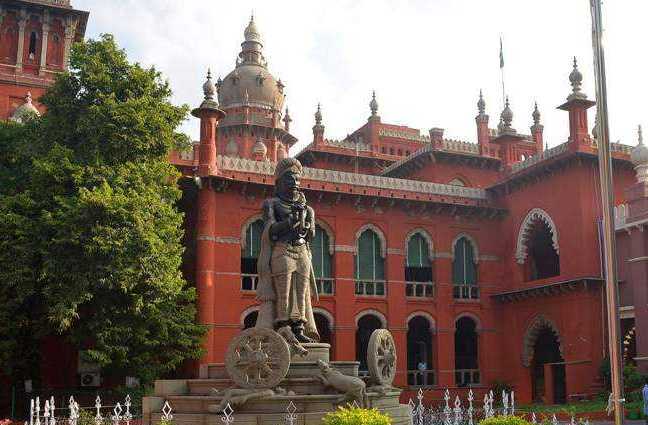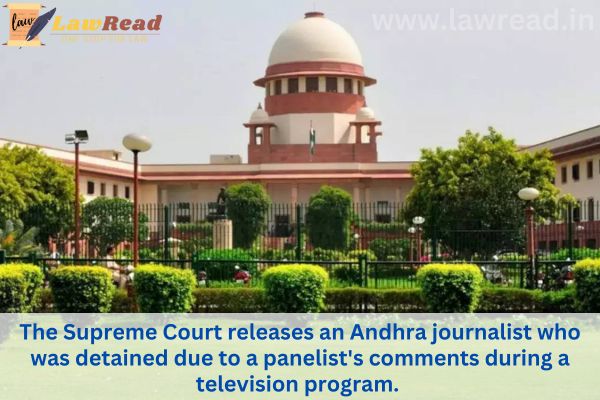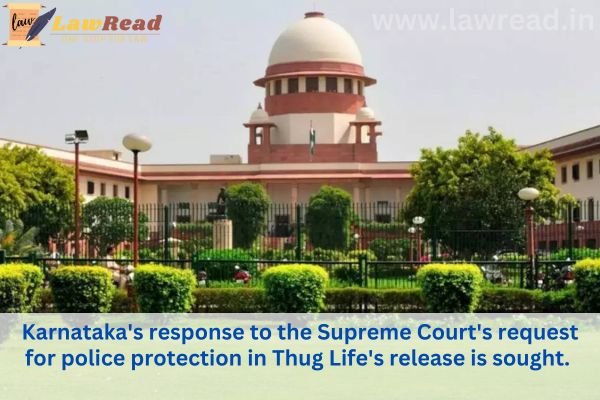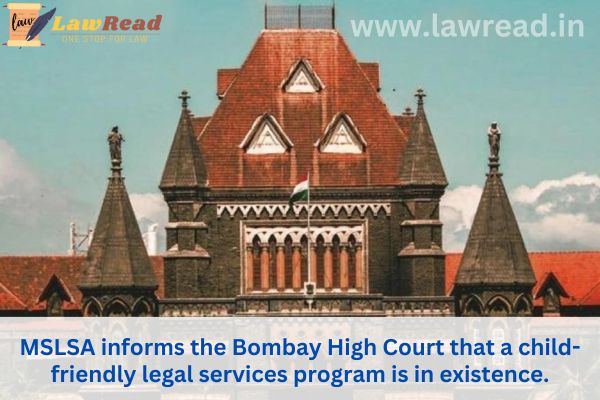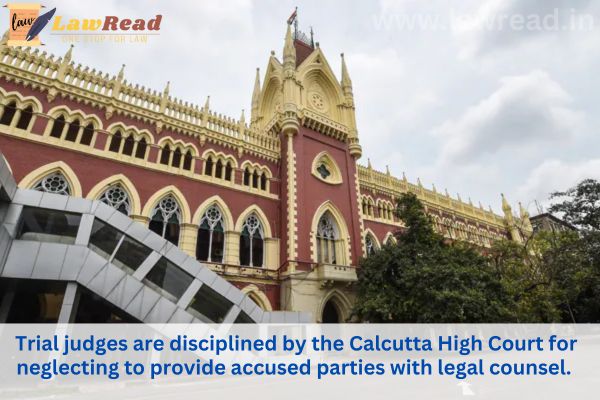News
The Supreme Court suggests a time limit after criticizing senior attorneys for their protracted arguments in arbitration appeals.
The ruling was made in a dispute involving a 1998 agreement between Puri Constructions and L&T.
.jpg)
On Monday, the Supreme Court recommended imposing time limits on oral arguments in arbitration appeals, criticizing lawyers' protracted arguments and overuse of citations.
A bench of Justices Abhay Shreenivas Oka and Pankaj Mithal emphasized significant systemic problems impacting India's legal system and supported the Delhi High Court's concerns over the handling of arbitration appeals.
"We have observed a tendency on the part of senior members of the Bar to argue as if these proceedings were regular appeals under Section 96 of the Code of Civil Procedure in a number of appeals arising out of Sections 34 and 37 proceedings," the Court stated.
When dismissing a ten-year-old dispute between Puri Construction Private Limited (PCL) and Larsen & Toubro Limited (L&T), the observations were made.
Despite the courts' limited competence in arbitration appeals, the Court expressed concern that senior attorneys frequently make minutely detailed factual arguments and cite multiple cases on the same legal principles.
The Bench believed that this method excessively prolongs proceedings and produces unduly drawn-out rulings.
"The high monetary stakes involved in the proceedings should not result in unnecessarily long oral submissions or bulky written submissions," the Court wrote.
The Court observed that these kinds of actions essentially result in criticism of arbitration.
Thus, it emphasized the necessity of setting a deadline for oral arguments in arbitration proceedings.
These factors all contribute to the criticism of arbitration in India. As a result, in these situations, oral submissions must have a time limit. It is important to remember that both this Court and the High Courts have the authority to hear appeals in both civil and criminal cases. These courts ought to be able to allot enough time to the cases of regular people. What we have expressed is a matter of serious concern and introspection for everyone,” the Court stated.
The judgment was passed in a dispute between PCL and L&T. In 1998, they signed a development agreement for a Haryana group housing project. A supplementary agreement and a tripartite agreement with Lord Krishna Bank followed in 1999-2000, primarily to manage funding shortfalls and regulatory compliance relating to External Development Charges (EDC).
PCL terminated the development agreement in December 2000 alleging L&T had failed to meet key obligations including EDC payments and construction timelines.
The matter was referred to arbitration. The arbitral tribunal held L&T liable for fundamental breaches including:
- Abandoning the project;
- Failing to pay EDC;
- Jeopardising PCL’s obligations to ITCREF (a prior joint venture partner); and
- Engaging in economic coercion during the signing of the supplementary agreement.
It granted PCL more than ₹115 crore in damages and compensation, as well as an injunction prohibiting L&T from interfering with PCL's property rights.
In 2015, the Delhi High Court Division Bench maintained the breach findings and the injunction but put aside monetary compensation. It held that while L&T had indeed defaulted, the tribunal had relied on unverified figures—particularly L&T’s own profit projections—to compute damages. The matter ultimately reached the Supreme Court.
The Supreme Court held the following:
Breach of Contract by L&T
The Court affirmed that L&T failed to fulfill its duties under the development agreement of 1998 including non-payment of External Development Charges (EDC) and abandonment of the project.
The additional agreement of 1999 was held to be a "non-starter" as L&T did not comply with crucial terms such as substituting bank guarantees and paying dues to Lord Krishna Bank.
“Looking to the clauses in the Supplementary Agreement, the finding recorded by the Tribunal that, as the conditions precedent in the relevant clauses were not complied with by L&T, the Supplementary Agreement was a non-starter is undoubtedly a possible finding which could not have been interfered with under Section 34 of the Arbitration Act. Additionally, it is a factual finding," the ruling stated.
Economic Coercion & Duress
The High Court and the Tribunal concluded that PCL was compelled to enter into the tripartite agreement and supplemental agreement as a result of the financial hardship brought on by L&T's defaults.
Citing Section 16(3) of the Indian Contract Act on undue influence, the Supreme Court maintained this conclusion.
"After reviewing the evidence, the Division Bench determined that the Arbitral Tribunal's conclusions that the Supplementary Agreement and the Tripartite Agreement were corrupted by compulsion did not constitute patent illegality. Given the previously given facts, it is impossible to argue that the Arbitral Tribunal's position is incompatible with morality and justice. We concur with the Division Bench's position," the Court declared.
Compensation and damages are set aside.
The Supreme Court concurred with the High Court that the arbitral tribunal's assessment of damages at ₹35 crores lacked adequate evidence, even though the breach of contract was verified.
For lack of evidence, the alternative award of ₹75 crores for not obtaining title deeds and ₹5 crores for not returning licenses was also overturned.
"PCL failed to provide proof of the aforementioned loss, and the Tribunal relied on no evidence to reach a just conclusion regarding the actual loss that PCL suffered.As a result, Section 73 of the Contract Act was essentially violated by the Rs. 35 crore damages verdict. Such a strategy was wholly at odds with Section 73, which was substantive law. The Court declared, "This finding cannot be disturbed."
There is no remedy for new arbitration.
The Court explained that an award under Section 34 of the Arbitration Act can either be set aside or upheld; it cannot be changed. PCL is still able to seek new damages through the judicial system, though.
The ruling stated that "there cannot be a remand to the Arbitral Tribunal for quantification of monetary claim, so on a conjoint reading of Paragraphs 119 and 121, we find that the remedy of PCL has been kept open to pursue appropriate course of action under law."
For this reason, it rejected L&T's appeal.
Senior Advocates Krishnan Venugopal and Abhimanyu Bhandari represented L&T, along with Advocates Shreya Arora and Rooh-e-hina Dua.
L&T was also represented by advocates Sameer Parekh, Sumit Goel, Sreeparna Basak, Abhishek Thakral, Jayant Bajaj, and Ishan Nagar.
With the assistance of attorneys Shashank Singh, Aditya Samaddar, Arijit Sarkar, Zeb Hasan, and Prapti Shrivastava, Senior Advocate MR Shamshad represented Puri Constructions.

